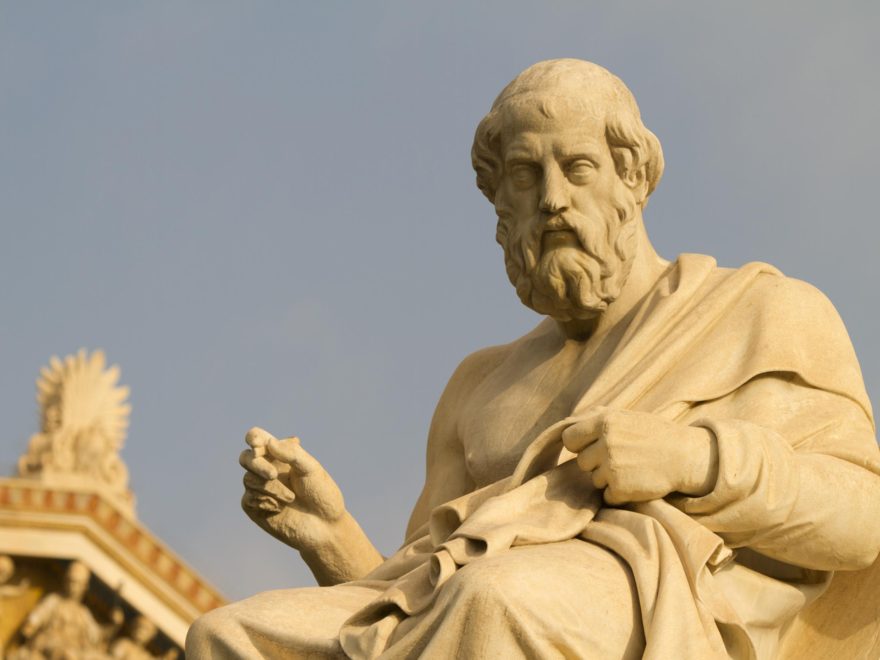Author: Kolby Atchison
-

Life in Plato’s Republic, Part 2: Building the Just City
“Don’t you know that the beginning is the most important place of every work and that this is especially so with anything young and tender? For at that stage it’s most plastic, and each thing assimilates itself to the model whose stamp anyone wishes to give it.” Plato, Republic, Book II Welcome back to my…
-

Life in Plato’s Republic, Part 1: Is Justice Worth it?
“Whether we like it or not, whether we know it or not, we are all more or less Platonists. Even if we reject Plato’s conclusions, our views are shaped by the way in which he stated his problems.”1 In today’s article, I begin a new series on Plato’s Republic. I’ve been wanting to start this…
-

Christian Education and the Calling of the Church
Every Christian family has to make the difficult decision at some point where to send their children for school. With the widespread availability of public education over the last hundred years, the conventional option for some time now has been public schooling. Here the cost for admission is free and the overall education they receive…
-

Educating for Resilience in a Coddling Culture
In The Coddling of the American Mind (Random House, 2018), authors Greg Lukianoff and Jonathan Haidt make a forceful critique of the way Americans today go about raising and educating their children. Their point isn’t complicated: parents and teachers, in general, overprotect children from the challenges and rigor of everyday life. As a result of…
-

Educating for a Christian Worldview in a Secular Age
In our secular age, there exists a plurality of options for how to think about complex questions. Take the question of what it means to be human, for example. For the biologist, to be human is to possess the DNA of the species Homo sapien. In contrast, for the eastern mystic, to be human is…
-

Three Premises for Teaching Theology
In March 1984, British missiologist Lesslie Newbigin delivered the Warfield Lectures at Princeton Theological Seminary on the topic of the gospel and western culture. In these lectures, which were later compiled into a book entitled Foolishness to the Greeks (Eerdmans: 1986), Lewbigin considers what would be involved in a genuinely missionary encounter between the gospel…
-

Educating for Humility: Promoting a Classroom Culture of Excellence in Service to Others
Of the many ills that plague modern society, perhaps one of the most insidious is the wedge we have driven between character and excellence, or ethics and achievement. Contemporary examples abound of “successful” men and women who have earned impressive accolades despite deep recesses in character, and occasionally, because of those recesses. As a result,…
-

Building Ratio: Training Students to Think and Learn for Themselves
In 1947, medievalist Dorothy Sayers took the podium at Oxford University and delivered a lecture that would launch a referendum on modern methods of education. It took time, to be sure, but from our current vantage point in 2020, there is no doubt that her words left a sizeable imprint on the current educational landscape.…
-

Work, Toil, and the Quest for Academic Rigor
American educational culture is obsessed with the idea of academic rigor. It shows up on marketing materials, core value statements, and school comparison charts. Rigor has become the gold standard of education, separating the wheat from the chaff and the excellent from the mediocre. Public schools, private schools, classical schools, progressive schools–they all claim academic…
-

Back to School: 3 Principles for Returning to School Amidst the Pandemic
Our world has been turned upside down in the last five months, or so it feels, and a course-correct doesn’t seem likely soon. While educational leaders across the country have sought to stay positive and assure families of an in-person return to school in August, some are having to pivot back to remote and hybrid…
